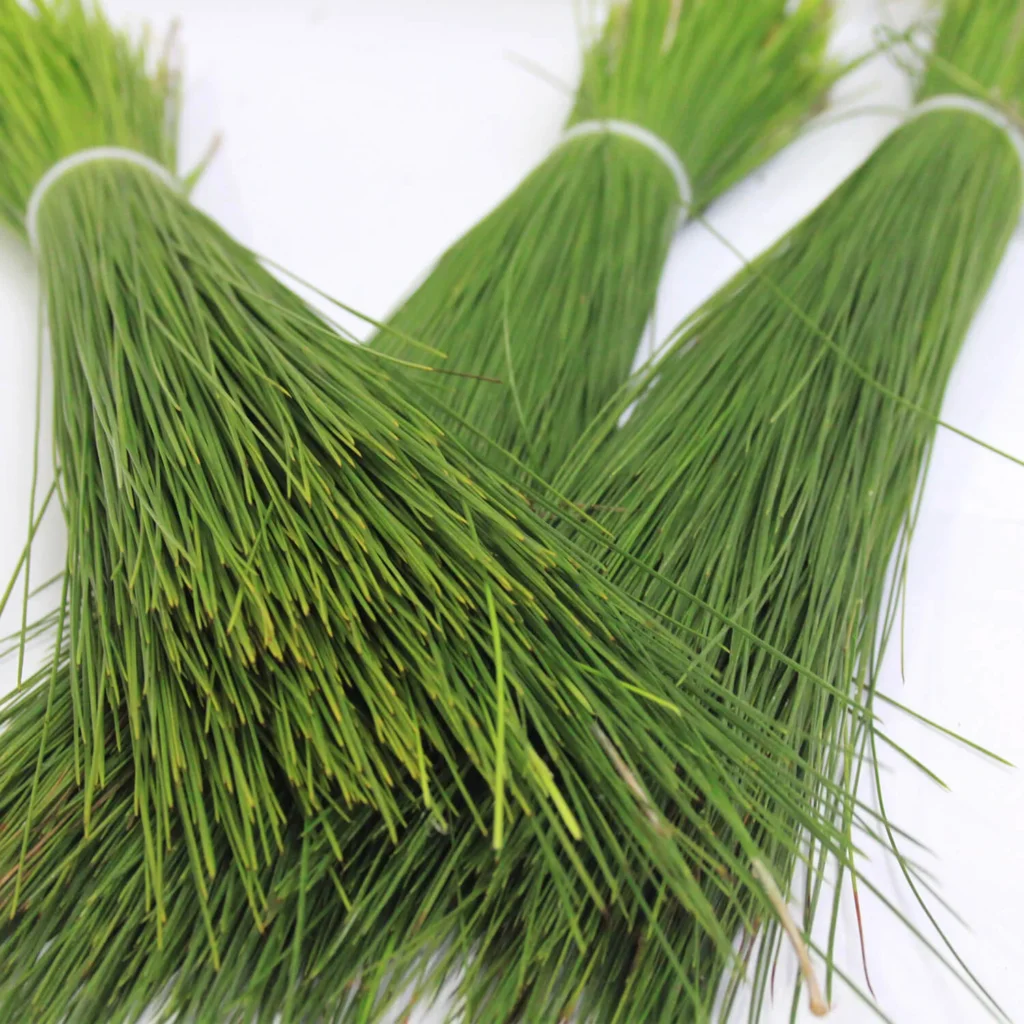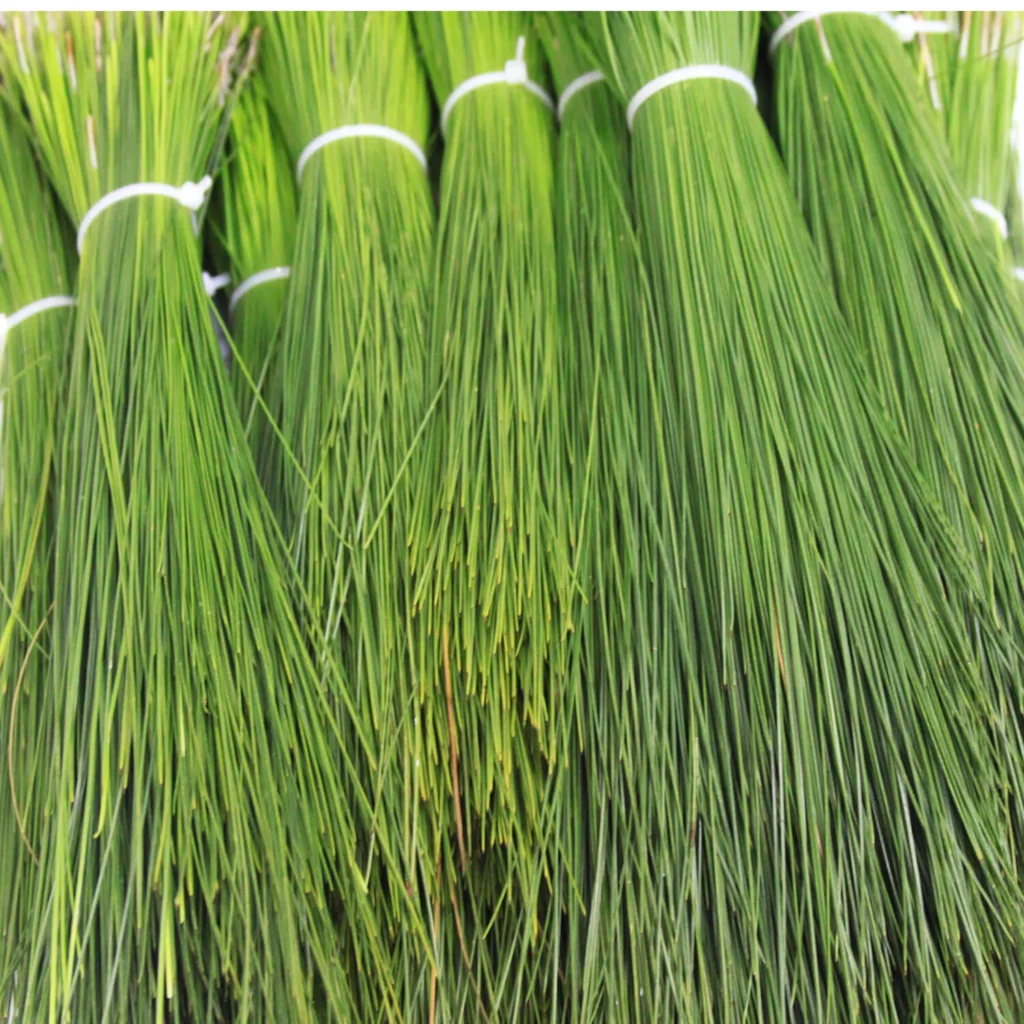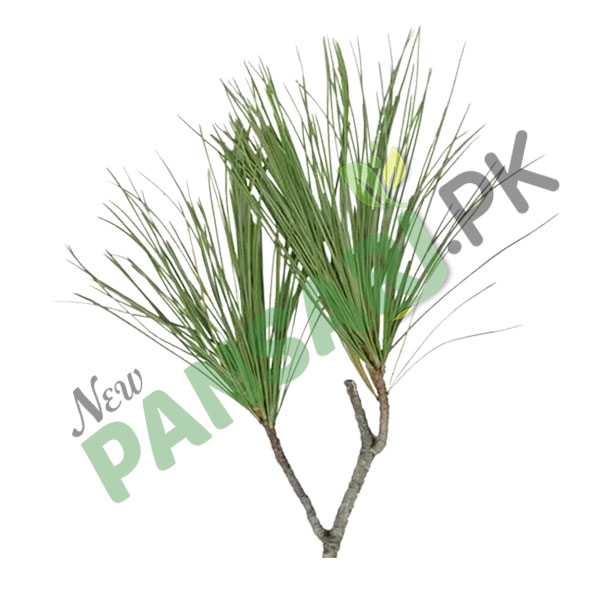INTRODUCTION

“Snober leaves” refers to the leaves of the pine tree. “Snober” is the Arabic term for “pine,” and the leaves of pine trees are typically long, thin, and needle-like. Pine trees are coniferous evergreens, and their leaves play a crucial role in photosynthesis, helping the tree survive in a variety of climates. Pine leaves are also adapted to conserve water, which is why they are needle-shaped and covered with a waxy coating.
Medicinal Properties
Pine (snober) leaves have been used in traditional medicine for their anti-inflammatory, antioxidant, and antimicrobial properties. They are believed to support respiratory health, often used in teas to relieve coughs, colds, and bronchitis by clearing mucus. Pine needles may also boost the immune system, helping the body fight infections. Additionally, their essential oils have antimicrobial effects, and extracts are sometimes used for muscle and joint pain relief. The high antioxidant content further aids in reducing oxidative stress, promoting overall wellness.
Types
There are several types of pine (snober) trees, each with slightly different characteristics. Here are a few common types:
- Eastern White Pine (Pinus strobes): Known for its soft, flexible needles, this pine is widely found in North America and used for timber.
- Scots Pine (Pinus sylvestris): Native to Europe and Asia, it has twisted blue-green needles and is often used in reforestation projects.
- Ponderosa Pine (Pinus ponderosa): Found in the western United States, this species has long, stiff needles and is commonly used for lumber.
- Sugar Pine (Pinus Lambertian): Known for its long cones, this pine is found in California and Oregon and has long needles.
- Red Pine (Pinus resinosa): Native to North America, it has two-needle clusters and is often used for construction and pulpwood.
- Aleppo Pine (Pinus halepensis): Common in the Mediterranean region, this species is drought-resistant with short needles and is often used in landscaping.

Forms
Pine (snober) leaves and extracts can be used in various forms for medicinal and therapeutic purposes. Common forms include:
- Pine Needle Tea: Dried pine needles are steeped in hot water to make tea, often used for respiratory health and immune support.
- Essential Oil: Extracted from pine needles, pine essential oil is used for aromatherapy, pain relief, and as an antimicrobial agent.
- Tincture: A concentrated liquid extract made by soaking pine needles in alcohol, used in small doses for medicinal purposes.
- Capsules: Pine leaf extracts are available in supplement form for easy ingestion and targeted health benefits.
- Poultice: Fresh or dried pine leaves can be mashed and applied topically as a poultice to treat wounds, inflammation, or skin conditions.
- Infusion/Bath Soak: Pine needles are sometimes added to bath water to create a soothing soak for sore muscles and respiratory relief.
Health Benefits
Pine (snober) leaves offer several health benefits due to their rich nutrient and antioxidant content. Some of the key benefits include:
Weight Loss
Pine (snober) leaves may help with weight loss by boosting metabolism and improving digestion. Pine needle tea can reduce bloating and help the body burn calories more efficiently. It may also suppress appetite slightly, helping you eat less. However, for the best results, these benefits should be combined with a healthy diet and exercise.
Rich in Vitamin C
Pine needles are known to be a good source of vitamin C. This essential nutrient has antioxidant properties, which can help protect the body’s cells from damage caused by free radicals.
Antioxidant Properties
The antioxidants present in pine needles may contribute to overall health by neutralizing free radicals, potentially reducing oxidative stress.
Immune Support
Due to their vitamin C content, pine needles are sometimes used to support the immune system. Vitamin C is important for the functioning of the immune system and can help the body fight off infections.
Respiratory Health
Pine needle tea, made by steeping pine needles in hot water, is sometimes used for its potential respiratory benefits. It is believed by some to help soothe coughs and congestion. It also helps for weight loss.
Anti-Inflammatory Effects
Compounds found in pine needles may have anti-inflammatory properties. This could be beneficial for conditions involving inflammation, although more research is needed in this area.
Aromatherapy
The scent of pine is often associated with a feeling of freshness and cleanliness. Pine essential oil, derived from the needles, is sometimes used in aromatherapy for its refreshing and invigorating aroma.
Skin Health
Pine essential oil has antimicrobial and anti-inflammatory properties, which can help treat skin conditions like acne, rashes, and eczema.
Side Effects

While pine (snober) leaves have various health benefits, they can also have some side effects, especially if consumed in excess. These may include:
- Allergic Reactions
- Gastrointestinal Issues
- Toxicity Concerns
- Interactions with Medications
- Pregnancy and Breastfeeding Concerns
Note: Sanober leaves may be consumed as a raw form but it presents more benefits when consumed with other herbs. Always consult a professional doctor before using it.




